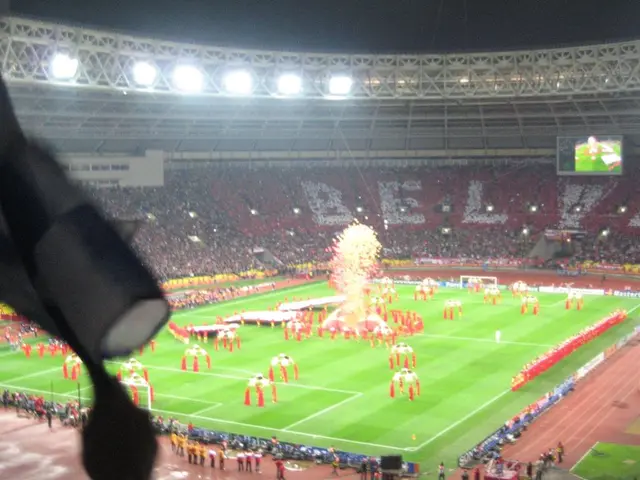Court in Washington protects dominance of proxy advisory firms
The Securities and Exchange Commission (SEC) is waiting for a decision from the U.S. Supreme Court, as the DC Circuit Court of Appeals' ruling last year has cast doubt on the transparency of proxy advisory firms.
In 2023, the Supreme Court last decided a case involving the SEC and proxy advisory firms. However, the recent DC Circuit's ruling has created a new dilemma for the SEC and the National Association of Manufacturers (NAM) attorneys. The DC Circuit struck down the SEC's 2020 Proxy Advisor Rule, a move that effectively terminated the rule and its 2022 amendments.
The SEC's 2020 rule aimed to provide public companies with necessary transparency, treating client-requested advice and subsequent proxy advisor recommendations as solicitations. The rule also required proxy advisors to disclose their vote recommendations to companies before or during the time they reach the institutional investor.
The DC Circuit's recent decision in ISS v. SEC (2025) has raised concerns about the courts' insulation of the proxy duopoly, Glass Lewis and Institutional Shareholder Services (ISS), from any form of oversight. The courts' ruling allows these unaccountable proxy advisors to continue manipulating important voting decisions affecting thousands of companies without recourse.
The SEC's existing 2003 rule imposed minimal regulatory oversight of proxy advisors, enabling the rise of the duopoly. Both entities have been shown to harbor several conflicts of interest, including advising clients on ESG proxy matters and selling ESG-based products such as guidance on ESG reporting, sustainability consulting, and valuable data reserved for clients.
In 2019, ISS was exposed for harboring a conflict of interest in corporate governance, providing governance advice to the same public companies it provides shareholder voting recommendations. Glass Lewis, on the other hand, avoided this conflict but has since engaged in selling ESG data to companies in lockstep with its pro-ESG proxy voting advice.
Many institutional investors "robo-vote" in lockstep with their proxy advisor's recommendations, effectively ignoring the concerns of their clients. This practice has been a source of mounting concerns over proxy advisors operating in obscurity.
NAM and SEC attorneys are considering appealing the DC Circuit's ruling to the Supreme Court, given last year's circuit court split over a separate SEC-proxy advisory dispute. The appeal could potentially overturn the DC Circuit's ruling and reinstate the SEC's 2020 rule, thereby bringing much-needed transparency to the proxy advisory industry.
The case is named Institutional Shareholder Services, Inc. v. SEC, and its outcome could have far-reaching implications for the SEC's rulemaking authority over proxy advisors. The SEC seeks to address these concerns and ensure that proxy advice is classified as a form of solicitation, based on the interpretation of Section 14(a) of the Securities Exchange Act of 1934 and its 2020 amendments.
In recognising the SEC's rulemaking authority over proxy advisors, both the district court and DC Circuit should have applied Section 14(a). This section entails "any request to execute or not to execute, or to revoke, a proxy" and includes any proxy voting advice that makes a recommendation to a security holder as to its vote, consent, or authorization on a specific matter for which security holder approval is solicited.
As the SEC awaits a decision from the Supreme Court, the future of proxy advisory transparency remains uncertain. However, the SEC's continued efforts to address these concerns and bring transparency to the proxy advisory industry are commendable and necessary.
Read also:
- Peptide YY (PYY): Exploring its Role in Appetite Suppression, Intestinal Health, and Cognitive Links
- Toddler Health: Rotavirus Signs, Origins, and Potential Complications
- Digestive issues and heart discomfort: Root causes and associated health conditions
- House Infernos: Deadly Hazards Surpassing the Flames





